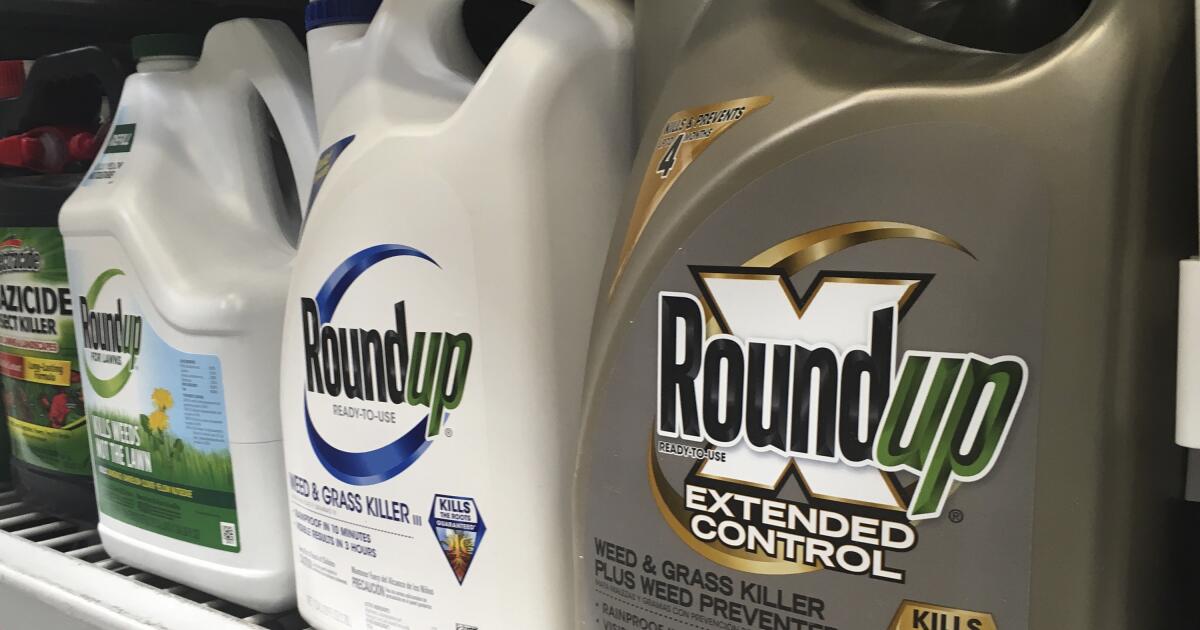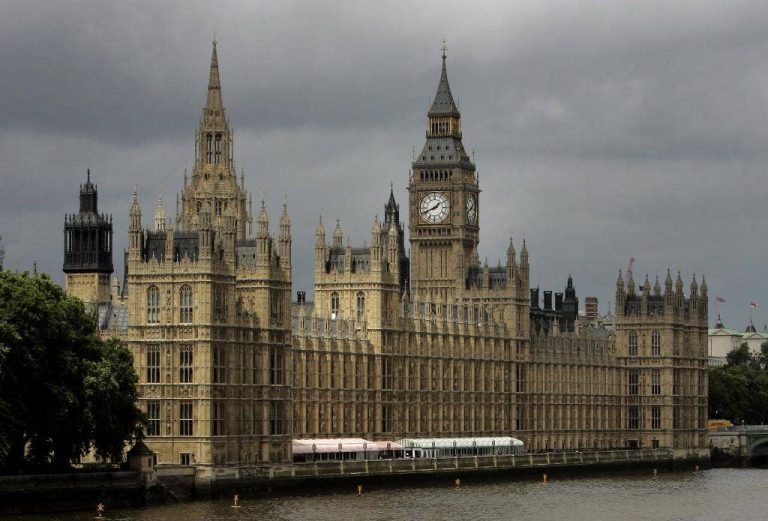
A San Diego Superior Court jury this week awarded a $332 million verdict to a Carlsbad man who sued Monsanto, alleging he contracted cancer from chemicals used in the company’s Roundup weedkiller.
The suit alleged that Mike Dennis, 58, was diagnosed with non-Hodgkin’s lymphoma in June 2020 after longtime use of the weedkiller.
Following a roughly two-week trial, the jury returned its verdict Tuesday, on the fifth day of deliberations. It sided with Dennis on two of his four claims, finding that Monsanto failed to warn users of the risks of using Roundup.
It sided with Monsanto on two claims, deciding the design of Roundup was not a substantial factor in causing Dennis’ illness.
The panel awarded Dennis $7 million for his losses and another $325 million in punitive damages, finding the company engaged in conduct with “malice, oppression or fraud,” according to the verdict form released by the court Friday.
Dennis’ attorneys did not respond to requests for comment.
Global giant Bayer, which acquired Monsanto a few years ago, issued a statement calling the award “unconstitutionally excessive.”
“We respectfully disagree with the jury’s verdict and believe that we have strong arguments on appeal to get this unfounded verdict overturned and the unconstitutionally excessive damage award eliminated or reduced, given that there were significant and reversible legal and evidentiary errors made during this trial,” the company said.
“We have a winning record in the Roundup litigation — having won nine of the last twelve cases at trial — and having resolved the majority of claims in this litigation.”
The active ingredient in Roundup is glyphosate, which as of 2013 was the most widely used herbicide in the world, according to Dennis’ lawsuit. Bayer announced in 2020 that it would pay up to $10.9 billion to settle tens of thousands of claims regarding Roundup. The company said the settlement agreements contain no admission of liability or wrongdoing.
Attorney Ron Miller is a Baltimore attorney who has handled Roundup cases, and he tracks and blogs about other Roundup cases across the country. He said he saw the Carlsbad case as “a garden-variety” claim accusing the weedkiller of causing cancer, and said there was nothing particularly unusual about the case.
He said the conventional wisdom had been that cases involving residential use of the product “were not strong, a belief developed from a stream of Bayer verdicts in these cases after the original $10 billion settlement.” But, he said, that changed with three recent cases of residential use, including the Dennis case, that drew verdicts in favor of the plaintiffs.
Bayer’s 2020 announcement also noted settlements in other matters concerning Monsanto, including an agreement to pay a total of $650 million to a group of local governments — including San Diego and Chula Vista — who sued to clean up waterways polluted by chemicals known as polychlorinated biphenyls, or PCBs.







